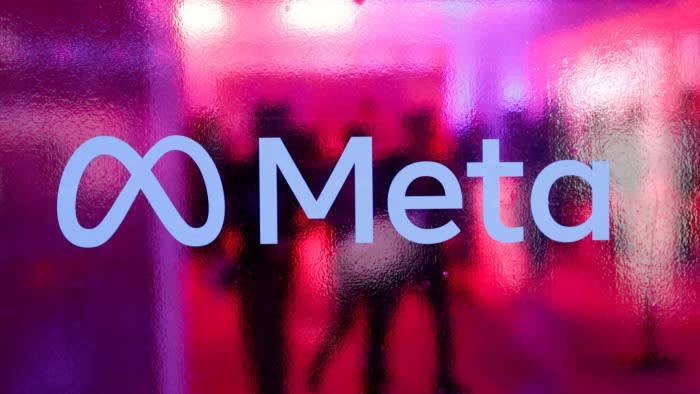Meta to pay $1.4bn to settle Texas facial recognition complaint
Meta, formerly known as Facebook, has agreed to pay $1.4 billion to settle a lawsuit filed by the state of Texas over the company’s use of facial recognition technology. The settlement marks the largest ever payout in a privacy-related case and highlights the growing concerns around the use of biometric data.
Background of the Lawsuit
The lawsuit against Meta was filed in 2019 by the Texas attorney general’s office, alleging that the company had violated the state’s biometric privacy laws by using facial recognition technology without obtaining proper consent from users. The lawsuit sought damages of up to $25,000 for each violation, which could have amounted to billions of dollars in penalties.
Terms of the Settlement
As part of the settlement agreement, Meta has agreed to pay $1.4 billion to resolve the lawsuit. In addition to the monetary payment, the company has also committed to implementing measures to ensure compliance with Texas‘ biometric privacy laws in the future. These measures include obtaining proper consent from users before collecting biometric data and providing transparency around how that data is used.
Implications for the Tech Industry
The settlement between Meta and Texas is expected to have wide-reaching implications for the tech industry as a whole. It sends a clear message that companies must take user privacy and data protection seriously, especially when it comes to sensitive biometric information. The case also highlights the need for stronger regulations around the use of facial recognition technology, which has been a topic of concern for privacy advocates and lawmakers alike.
Conclusion
The $1.4 billion settlement between Meta and Texas demonstrates the significant financial and reputational risks that companies face when they do not adequately protect user privacy and comply with data protection laws. It also underscores the need for greater transparency and accountability in the use of emerging technologies like facial recognition. As the tech industry continues to evolve, it is crucial that companies prioritize user privacy and data security to build trust with their customers and avoid costly legal battles.
FAQs
Q: What is facial recognition technology?
A: Facial recognition technology is a biometric tool that uses algorithms to identify and verify individuals based on their facial features. It is used for a variety of purposes, including security, authentication, and personalization.
Q: Why is facial recognition technology controversial?
A: Facial recognition technology has raised concerns about privacy, surveillance, and potential biases in its algorithms. Critics argue that the technology can be used for mass surveillance and infringe on individual rights.
Q: How can companies protect user privacy when using facial recognition technology?
A: Companies can protect user privacy by obtaining proper consent before collecting biometric data, providing clear information about how the data will be used, implementing security measures to protect the data, and regularly auditing their practices to ensure compliance with data protection laws.




